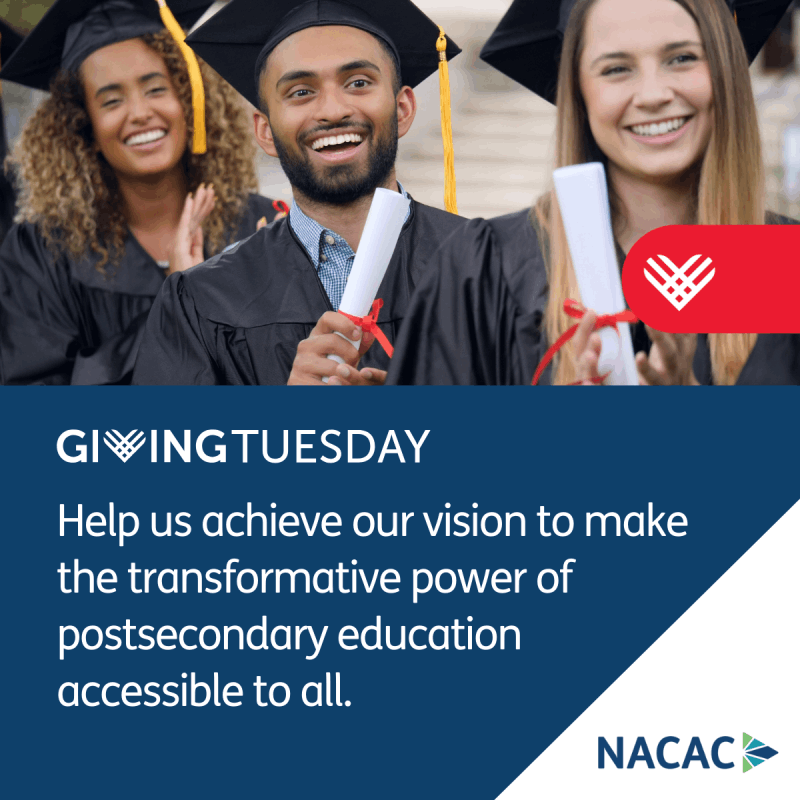Leaders from Reed College (OR) and the University of Portland (OR) sat down with CEO Angel B. Pérez to discuss leadership during times of crisis.
July 19, 2022 (PORTLAND, Ore.) — The importance of transparency and the need to listen to student advocacy were among the takeaways during a conversation held with university presidents during NACAC’s first-ever leadership convening for the Affiliate Presidents Council.
The Leadership, Engagement, and Development (LEAD) event, held in Portland July 6-8, brought together nearly 70 affiliate leaders for three days of inspiration, education, and discussion. During the program, NACAC CEO Angel B. Pérez interviewed Audrey Bilger, president of Reed College (OR), and Herbert Medina, acting president and provost at the University of Portland (OR).
Pérez began the conversation talking about how leaders hold the power of persuasion and inspiration. Bilger and Medina discussed how the ability to inspire comes from being surrounded by like-minded individuals who care about the institution and the institution’s vision. A shared vision is so important, and a plan for navigation toward that vision will allow the shared vision to take hold. It’s also important to actively listen and be open to changing your mind, they said.
The leaders discussed the importance and difficulty of transparency. Leaders must acknowledge the challenges they face and admit to imperfect solutions. Every day, university leaders must make decisions they’ve never made or considered before.
University leaders are dealing with a new wave of student advocacy for social justice across campuses.
“We certainly can’t just personalize it, we have to understand it comes from a real thirst for justice, a real thirst for wanting to change,” Medina said.
The question of how decisions are made about what universities speak out on comes down to a case-by-case analysis.
“Trying to decide when to weigh in, and not to weigh in, is hard,” Bilger said.
When it comes to work-life balance, listen to your authentic voice and trust yourself. Find activities that allow you to disconnect from the challenges of the workday, they said.
Bilger and Medina finished by emphasizing the importance of accessibility to higher education. As a first-generation college student himself, Medina said, “whenever I talk to first-generation college students I tell them, your college degree doesn’t just change your trajectory, you have the opportunity to change the trajectory of your entire family.”
Bilger added, “We are living in a time when we really have to try to protect, preserve, and keep these doors open for students in the future.”
